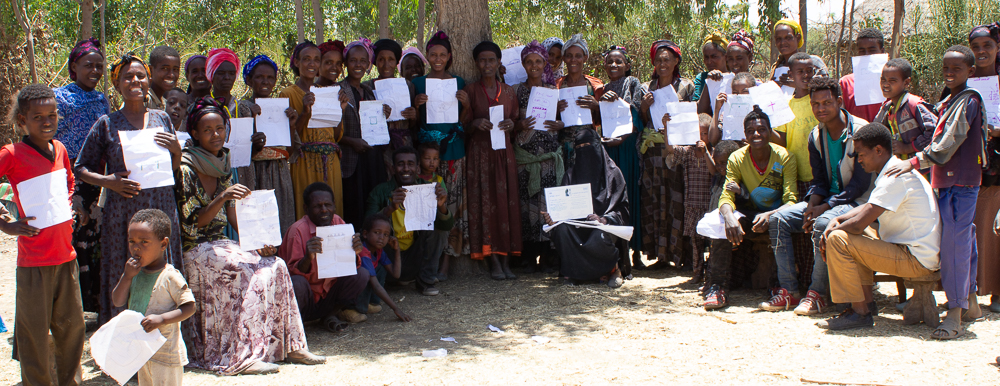Participatory Action Learning System (PALS) is the original, generic methodology underpinning the other GAMEChange empowerment methodologies.
Participatory action learning by individuals and organisations at different levels, coming together through participatory information systems and workshops forms the basis for this change movement-building. Individuals and organisations at all levels develop their own visions and plans, based on analysing their own situations and contexts. They then track, analyse and share experience over time to assess how far they are progressing towards those visions, and how they can improve their own success. Through sharing experiences and collective aggregation and analysis of information they further improve their own success, develop collective actions and increase their voice in policy advocacy.
PALS started to be developed in 1999 – 2002 as:
- a set of pictorial empowerment tools for life visioning, planning, analysis and networking that could be used by members of savings and credit groups as a sustainable process of learning and action.
- a participatory research methodology that could be used for participatory monitoring and evaluation and impact assessment that would not only collect reliable information, but also benefit and increase the understanding of participants and development staff about how to more effectively advance towards their visions and goals.
PALS tools and facilitation techniques were then further developed as ‘Participatory Action Learning for Sustainability‘ methodologies that promoted the business and development case for empowerment methodologies, particularly gender empowerment. Methodologies were adapted as an integral part of ‘mainstream’ livelihood, business and value chain methodologies for:
- micro-finance organisations looking for a way of making micro-finance groups more empowering, particularly for women with organisations like PRADAN, ANANDI and CARE in India, Aga Khan Foundation Pakistan, PASED Sudan and partners of Trickle-Up US in India (Jamghoria Sevabrata) and Uganda (Bukonzo Joint and GreenHome).
- participatory enterprise development impact assessment for the DFID-funded EDIAIS project on enterprise development impact assessment (1999-2001) and USAID AMAP project on micro-finance (2005). This was developed further in Uganda with Kabarole Research and Resource Centre Uganda, partly funded by Hivos (2002-2005).
- participatory approach to local economic development planning with SDC and World Bank in the West Africa ECOLOC process (2004).
The most comprehensive and recent Toolkits as of 2021 have been developed for livelihoods, business and value chain and leadership development within which gender is mainstreamed:
Participatory Action Learning System





GAMEChange methdologies are based on action learning by participants in order to improve strategies to progress towards their visions linking:
- champion individual tracking of achievements and progress on individual diagrams, and reflecting on the implications of strategies that have worked and what has not worked and implications for future actions. This action learning is inbuilt into each tool and a key element in facilitation.
- sharing and quantifying these achievements in participatory workshops and groups to share experiences and how to improve
- aggregating quantitative and qualitative information from the participatory process for analysis at organisational level and fed back to participants to strengthen and improve the process.
Through the focus on transparency and use of information to improve individual success, the information obtained is typically very rich and reliable because participants have a self-interest in understanding.
Complementing and linked to this participant-led ‘action learning system’ ’empowering enquiry’ is used to collect qualitative and quantitative information for advocacy and other purposes where triangulated information might be needed.

